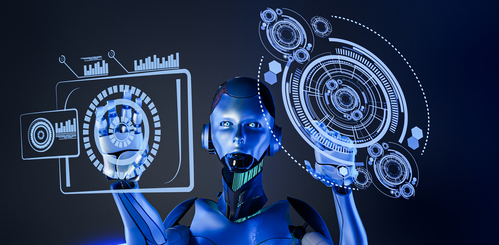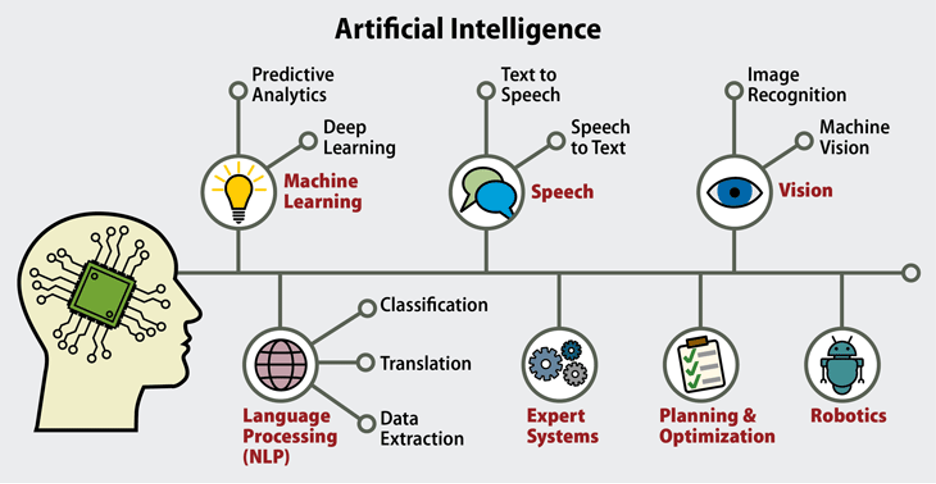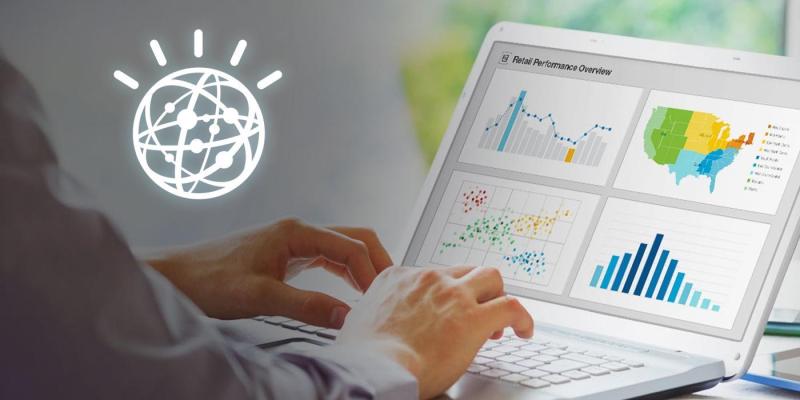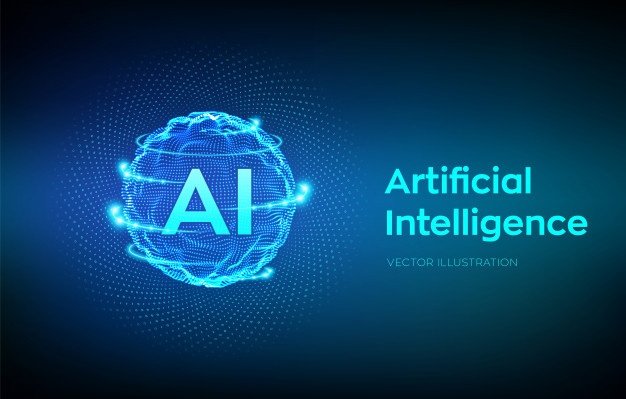Unlocking Synergy: Combining Computer Vision, NLP, and Deep Learning for Automated Process Discovery & Process Intelligence
3AI October 16, 2023

Featured Article:
Author: Anurag Upadhyay, Accenture
Introduction:
In today’s dynamic business landscape, organizations face an ever-increasing demand for efficiency, innovation, and competitiveness. To meet these challenges head-on, businesses are turning to cutting-edge technologies that can revolutionize how they understand, optimize, and manage their operations. Among these transformative technologies, the fusion of Computer Vision, Natural Language Processing (NLP), and Deep Learning stands out as a game-changer in the realm of Automated Process Discovery and the definition of Process Intelligence.

The Confluence of Technologies:
- Computer Vision: While traditionally associated with image and video analysis, Computer Vision has evolved to include the extraction and interpretation of data from documents, screens, and interfaces. Consider a global shipping company that relies on Computer Vision to automatically scan and interpret shipping labels on packages. This not only speeds up the sorting process but also reduces errors in shipment handling.
- Natural Language Processing (NLP): NLP has transcended basic language understanding and now enables machines to comprehend and generate human-like text. In the healthcare industry, NLP is used to extract crucial information from unstructured clinical notes, making it easier for healthcare providers to make informed decisions regarding patient care.
- Deep Learning: Deep Learning, particularly neural networks, excels at pattern recognition and prediction. When coupled with Computer Vision and NLP, it becomes a potent tool for uncovering hidden insights. An e-commerce giant, for instance, employs Deep Learning to analyze customer reviews and comments on products, helping to identify emerging trends and areas for product improvement.
The Automated Process Discovery Journey:
1. Data Ingestion: The journey begins with the collection of data from diverse sources, including documents, images, videos, and text. For instance, in the automotive manufacturing sector, data is collected from sensors placed throughout the production line to monitor various aspects of the manufacturing process.
2. Data Preprocessing: Data cleaning, formatting, and structuring are essential to ensure that the data is accurate and ready for analysis. In financial services, this step involves aggregating and normalizing data from multiple sources, such as transaction records and customer databases.
3. Computer Vision: In the manufacturing industry, Computer Vision plays a crucial role by processing images and videos from production lines. It can identify defects in products, track the movement of inventory, and ensure quality control.
4. NLP: NLP comes into play when dealing with unstructured text data. In customer service, NLP algorithms analyze customer interactions, including chat transcripts and emails, to extract sentiment and identify common issues, helping companies improve their support processes.
5. Deep Learning: Deep Learning models analyze the processed data to uncover patterns, anomalies, and process bottlenecks. In the energy sector, Deep Learning is applied to sensor data from oil rigs to predict equipment failures and optimize maintenance schedules.
6. Process Intelligence: The amalgamation of insights from Computer Vision, NLP, and Deep Learning results in Process Intelligence. This intelligence offers a comprehensive understanding of operations, revealing inefficiencies, compliance issues, and opportunities for improvement. For example, in retail, Process Intelligence can be used to optimize inventory management and supply chain logistics.
Defining Process Intelligence:
Process Intelligence is more than just data analysis; it’s about translating insights into action. Organizations can harness Process Intelligence to:
- Optimize Efficiency: For instance, a logistics company can use Process Intelligence to optimize delivery routes, reducing fuel costs and delivery times.
- Enhance Compliance: In the pharmaceutical industry, Process Intelligence can monitor production processes to ensure adherence to strict regulatory standards.
- Improve Customer Experience: Process Intelligence can help e-commerce platforms personalize recommendations, enhancing the shopping experience and driving sales.
- Predict and Prevent Issues: In the telecommunications sector, Process Intelligence can analyze network data to predict and prevent service disruptions.
- Fuel Innovation: By identifying emerging trends and customer preferences, Process Intelligence can guide product development and innovation.
Conclusion:
In the age of automation and analytics, organizations must leverage the synergies between Computer Vision, NLP, and Deep Learning to unlock the true potential of Automated Process Discovery and define Process Intelligence. This powerful convergence not only facilitates the identification of operational inefficiencies and compliance issues but also lays the foundation for innovation and sustainable growth.
As torch bearers in the automation and analytics industry, it is our collective responsibility to champion these transformative technologies and guide organizations toward a future where processes are not just efficient but also intelligent.
By embracing the integration of Computer Vision, NLP, and Deep Learning, we can illuminate the path to unparalleled process optimization and, ultimately, a brighter future for businesses worldwide. With the right tools and strategies, organizations can harness the full potential of Process Intelligence to thrive in an ever-evolving business landscape.
Title picture: freepik.com






